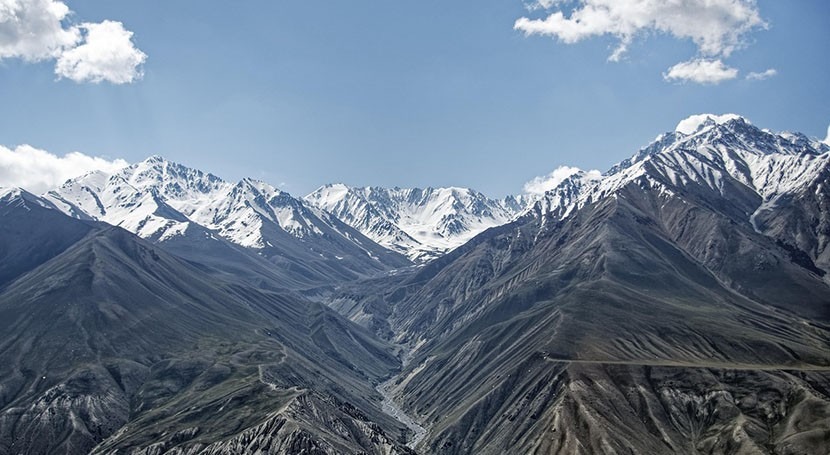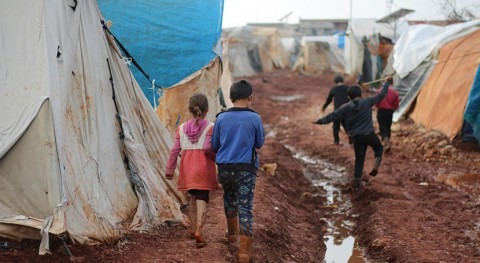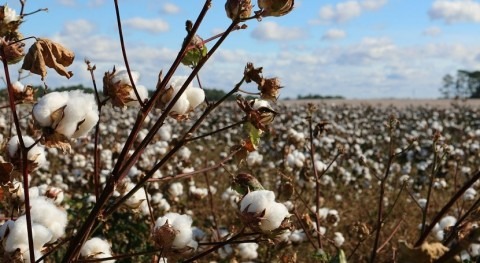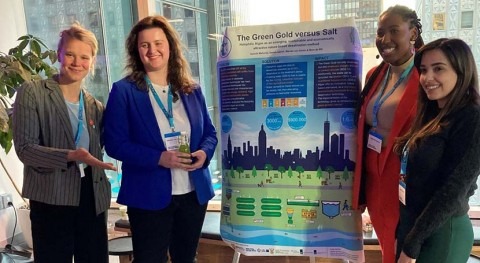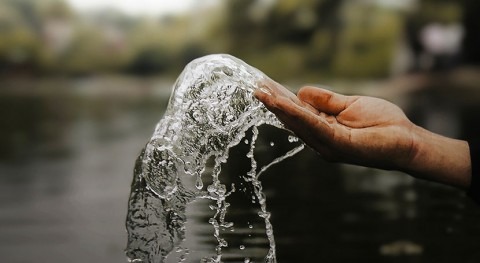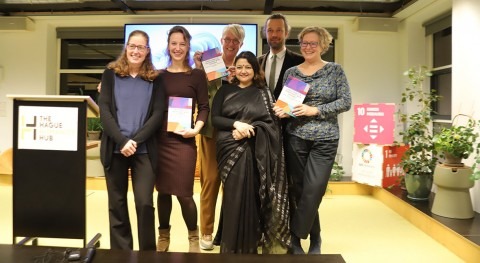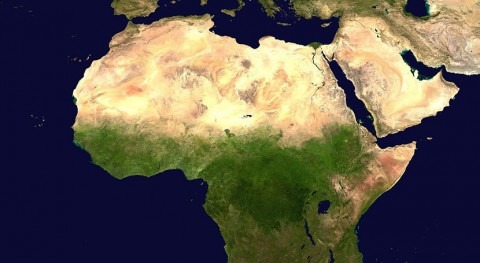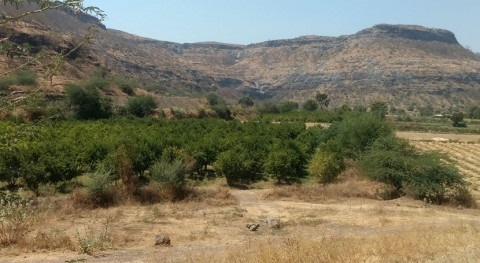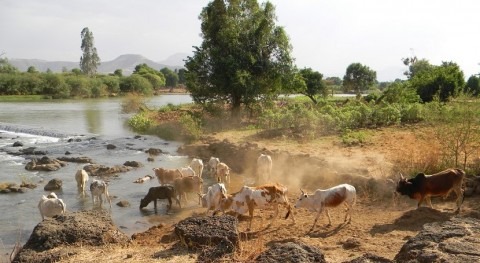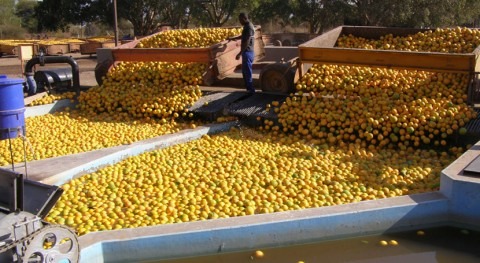Two years after the Taliban’s resurgence to power, Afghanistan’s persistent water crisis continues to worsen. A scarce water supply, poor sanitation and mismanaged water resources combined with the regime’s failure to address water-related disasters add up to a humanitarian crisis. In addition, the escalating water crisis may present a high security risk to the already unstable region, as it could potentially influence neighbouring countries’ water security and their relations with Afghanistan.
In a new report, IHE Delft Researcher Mohd Faizee and IHE Delft Associate Professor of Water Law and Diplomacy Susanne Schmeier, Head of the Water Governance Department, scrutinize the water management status in Afghanistan under the Taliban regime — referred to by the UN as the “de facto authorities”. They argue that the regime’s “interventions in the water sector have largely been rhetorical, aimed at gaining public support and legitimacy” but not helped the suffering Afghan population. The interventions risk stirring up potential conflicts with neighbouring countries.
Though Afghanistan has grappled with a severe water crisis for many years - a result of economic challenges, poor water management, political instability and climate change - the Taliban has “further deteriorated the already critical situation”, states the report, published today by the Water, Peace and Security partnership.
Afghanistan is teetering on the brink of a humanitarian crisis, with millions at risk of starvation and the situation worsening due to economic strife
“Afghanistan is teetering on the brink of a humanitarian crisis, with millions at risk of starvation and the situation worsening due to economic strife. Further exacerbating this are the impacts of climate change, which manifest in the country as severe floods and prolonged droughts, thus heightening the humanitarian predicament,” the report states.
“While efforts like emergency water trucking or food assistance may provide temporary relief for affected families, effective water resource management and sustainable water service delivery pose ongoing challenges for the de-facto authorities,” it notes.
Afghanistan’s water crisis risks harming already precarious regional relations, as the Taliban’s inability to sustainably manage water also affects neighbouring downstream countries, the report states: “Given the existential nature of water flowing from Afghanistan to Iran, Pakistan, Uzbekistan, and Turkmenistan and the fact that rising impacts of climate change will affect water availability in downstream countries, there is high potential for increased conflicts in the region.”
About the Water, Peace and Security partnership
The WPS partnership was set up in 2018 to pioneer the development of innovative information tools and practical approaches that can support local and international actors who work in high-risk areas. These tools and approaches can help predict and prevent water-related security threats in a timely manner. The WPS partnership comprises: IHE Delft (lead), World Resources Institute, Deltares, The Hague Centre for Strategic Studies, Wetlands International and International Alert. The consortium collaborates with Oregon State University and Clingendael – the Netherlands Institute of International Relations. The partnership is financed by The Netherlands Ministry of Foreign Affairs.


